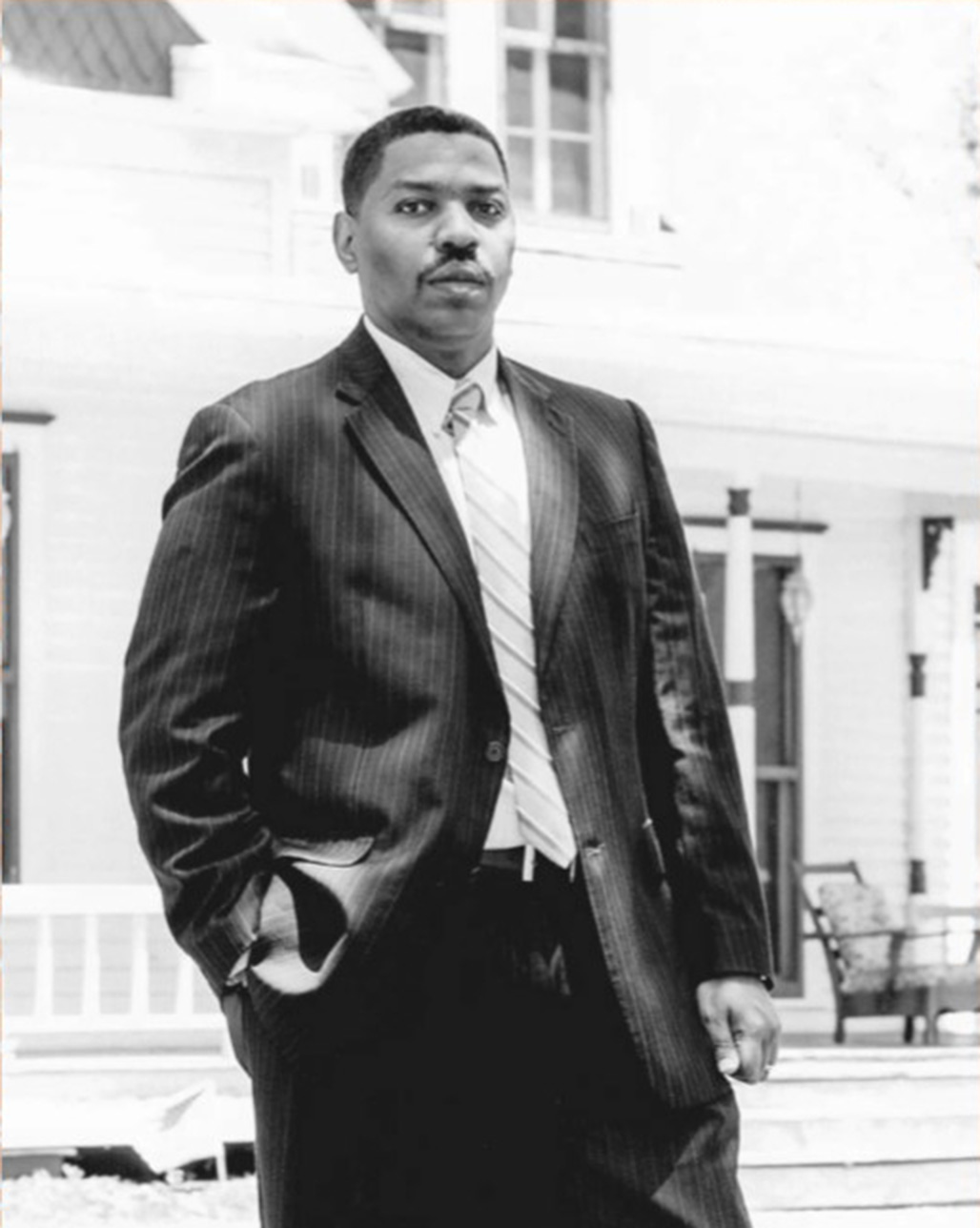Black History Month inspires reflection
Electing President Barack Obama in 2008 was a landmark event for the United States of America.
 This February marks the last time President Obama will be in office during Black History Month. For many, this calls for a reflection on race relations.
This February marks the last time President Obama will be in office during Black History Month. For many, this calls for a reflection on race relations.
Since President Obama’s election, the United States has seen the death of Trayvon Martin at the hands of George Zimmerman, the shooting of Michael Brown by Officer Darren Wilson, riots in Ferguson, Mo., Sandra Bland’s suicide, Freddie Gray’s spinal injuries and countless other instances of racial unrest.
Samuel Collins III, community advocate, said the election of its first African-American president seemed to positively affect race relations in America initially. However, after a while, race relations slowly regressed because of Obama’s politics and race.
Collins will be speaking on campus Feb. 9 about the importance of education for African-Americans and the importance of community involvement in, “A Talk With Samuel Collins III.” The event, which is sponsored by Intercultural Student Services (ISS) as a part of its Black History Month celebrations, will be held in the Garden Room at 1 p.m.
Collins organized the 150th Juneteenth celebration in Galveston, and was voted Galveston County Daily News’ “Citizen of the Year.” Collins, who attended Texas A&M University, will be speaking about being a minority at a predominantly white university, the importance of education, and why historic preservations and community involvement are important.
“Planning of the [Black History Month] events was done alongside or with the guidance of students who participated on the planning committee,” said Erika Garcia, coordinator of Intercultural Student Services.
The presence of these cultural events offers students an opportunity to become involved and experience other cultures.
“It makes them [students] aware of the different holidays and stuff that goes on, and it just gets people more involved,” said Asia Donald, business management student.
Garcia explained that the choice to ask Collins was clear with his long history of community involvement and advocacy.
Collins said that Black History Month events help highlight contributions not generally acknowledged, and he looks forward to the day where these kinds of events are unnecessary, where minority contributions are acknowledged and praised in everyday life. But when considering how far the United States has to go in order to reach true racial equality, Collins said it cannot be quantified.
“Change is not easy,” Collins said. “[Black] history is not part of our everyday curriculum.”
Collins compares our nation’s history to a salad with lettuce, tomatoes, onions and croutons. The lettuce and tomatoes, he says, are what Americans typically discuss in our history. Onions signify the parts of our history that are sad, those things that, “when you cut into them, you cry.” The croutons symbolize the hard parts of our history. All together, they make up our nation’s entire history.
For more information regarding events hosted by ISS, contact Erika Garcia at Garcia@UHCL.edu or call at 281-283-2575.
For more information regarding events hosted by the Black Students Association, contact BSA representative Christal Seahorn, assistant professor of writing and digital rhetoric, at seahorn@UHCL.edu.
To arrange for an accommodation for a disability, contact the UHCL Office of Student Life at 281-283-2560.


Nice article Brittany, good job 🙂
Also what does ranch dressing symbolize? White privilege? Haha